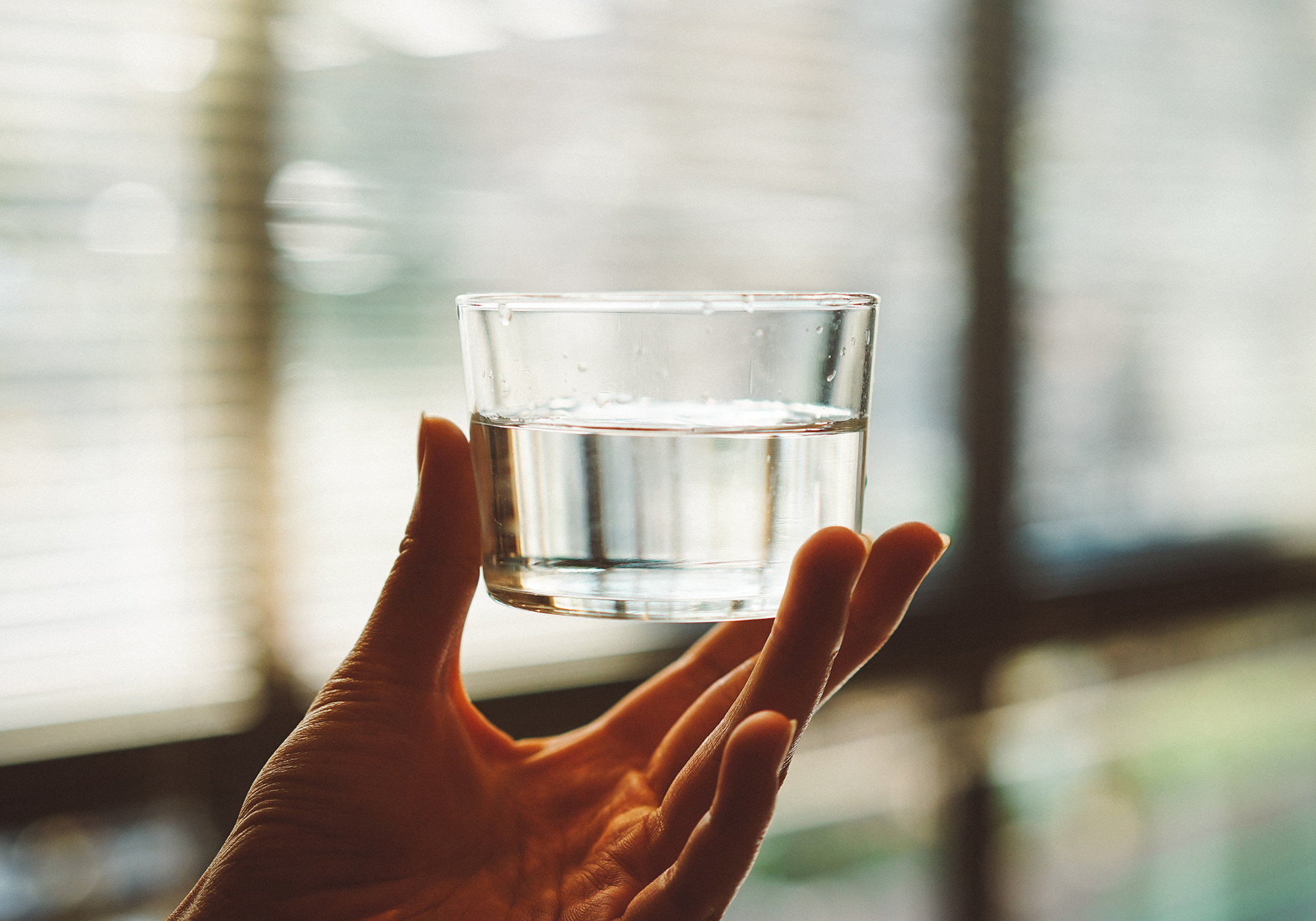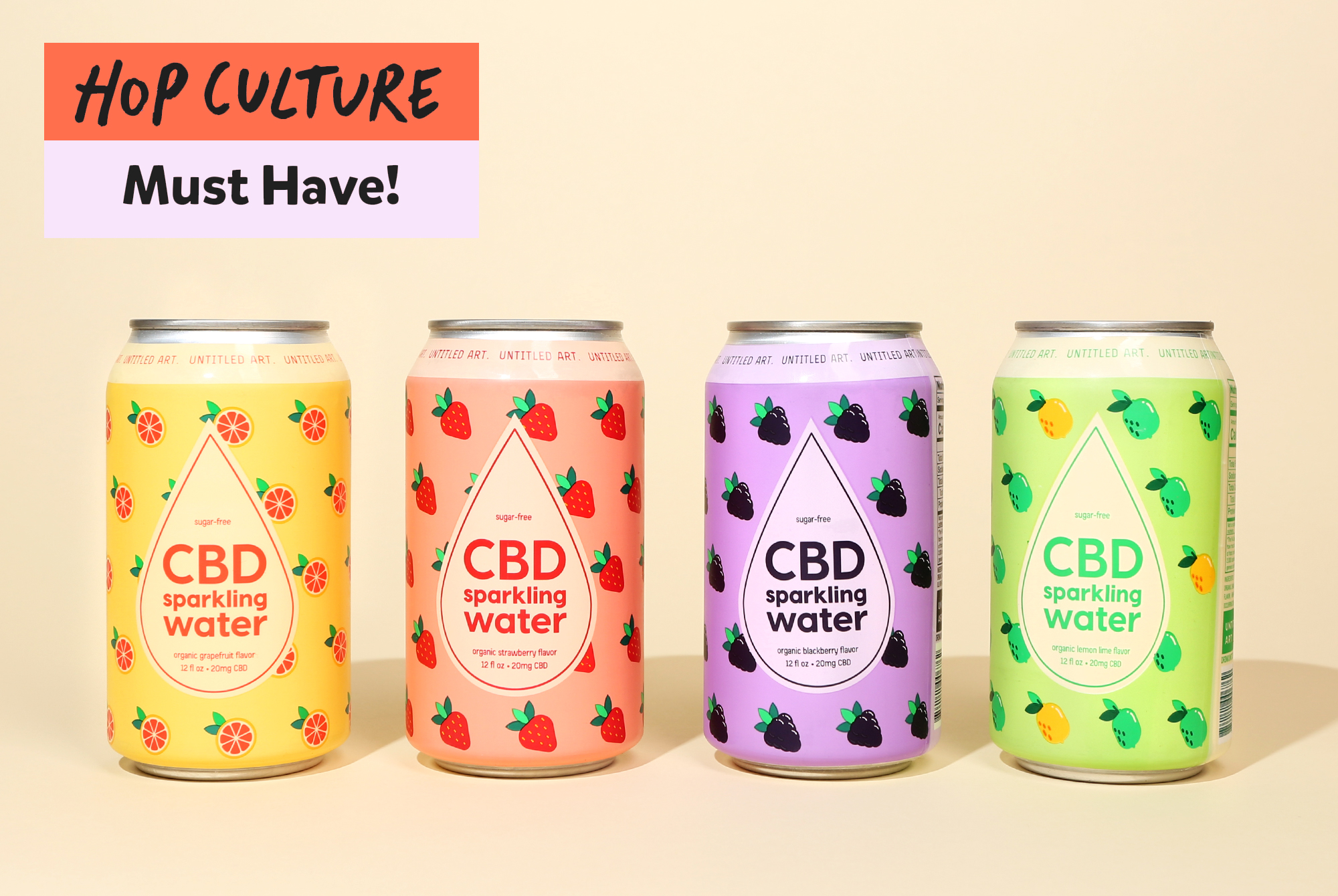Shop
What Is Dry January? And Should I Participate?
A month of sobriety, explained.
Historically, the month of January has been one of renewal and reflection. As we head into a new year, we take stock of the last one and assess whether or not we need to change. For many, this involves losing weight, learning a new language, or finding a hobby. But the truly impressive among us commit to Dry January, an increasingly-popular tradition that involves abstaining from alcohol for an entire month.
Frankly, the logic is there. After weeks of drinking through the winter holidays and New Year celebrations, a cooling-off period might be required. But while the idea of fasting or abstinence isn’t exactly new, the specific Dry January practice is only a decade or so old.
So what’s all the fuss about Dry January? Why is everyone drinking non-alcoholic beer? And is it something you want to try? Ultimately, it’s your decision, but we hope to help with a little more research into this yearly sobriety challenge.
What Is Dry January?
The current Dry January campaign appears to have started in the U.K. in 2013, when researchers from the Institute for Liver and Digestive Health at the University College London Medical School investigated the impact of a month-long stint of sobriety. And although this seems to be the genesis of the modern campaign around Dry January, the writer John Ore had coined the godawful term “Drynuary” as early as 2006, as he attempted his own month without alcohol. There’s even evidence suggesting that Finland had instituted a “Sober January” as part of a propaganda campaign during WWII.
The premise of the modern Dry January campaign is simple. From January 1st to January 31st, one refrains from consuming alcohol. That’s it.
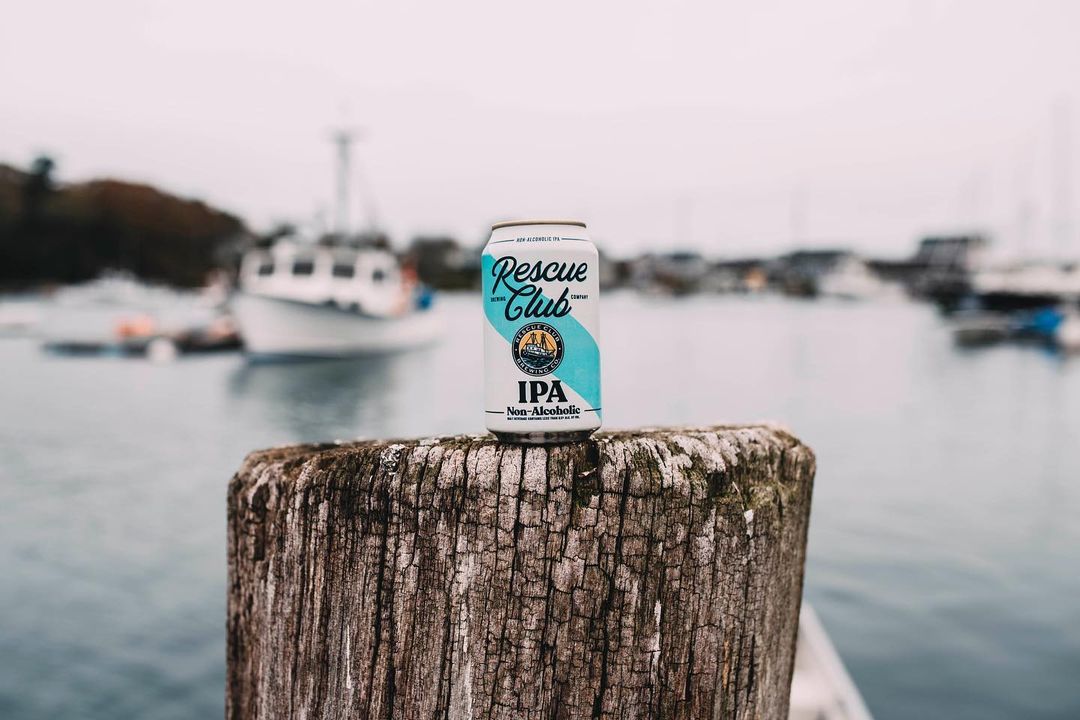
A non-alcoholic ber from Rescue Club Brewing Co.
Photo courtesy of Rescue Club Brewing Co.
Why would one subject themselves to such torture? Most practitioners cite the physical health benefits, but we’ve also heard folks reference financial benefits. Still, others see Dry January as a challenge to overcome, or a reminder to stay active and watch one’s health, in general.
“The first time I participated in Dry January, the reasoning was two-fold,” shares Cory Smith, a prominent beer writer and photographer. “I wanted to abstain for a month as an exercise in discipline. And additionally, as a runner, I wanted to see if not drinking had any effect on my running.”
What Are the Health Benefits of Dry January?
One of the main reasons folks participate in Dry January is for the purported health benefits. Since we’re not health professionals, we suggest consulting your physician concerning any long-term health concerns related to alcohol. However, research suggests there could be significant benefits in taking a month-long hiatus from drinking alcohol.
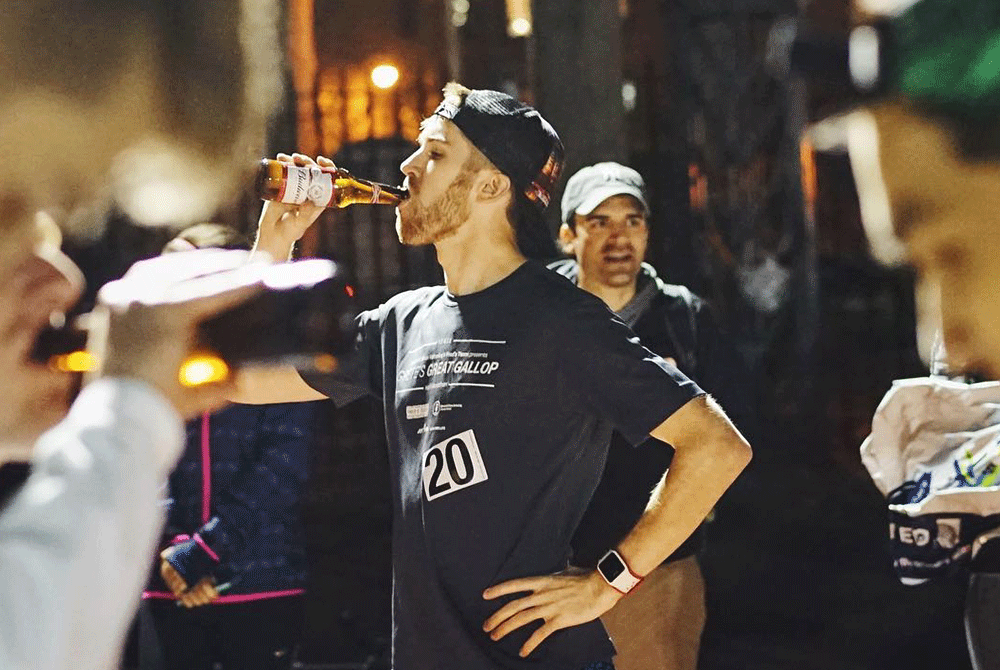
“If someone is feeling concerned that their alcohol consumption might be a problem, it is a wonderful place to start gaining control again,” shares Kristine Baker, who runs the company Women’s Craft Beer Collective. “And there are many support groups via the Dry January movement with a wealth of great information.”
In the short term, many folks report improved sleep quality, higher energy, and reduced anxiety. The longer-term benefits are harder to track after only a month, but there’s potential for improved liver health and reduced blood pressure. And, for those with a weight loss goal, cutting out alcohol will certainly help.

Additionally, anecdotal evidence suggests that Dry January has a positive effect on one’s health. Says Smith, who participated in Dry January to see if it would affect his exercise routine, “I ran more, totaling my most miles-in-a-month to date. Additionally, I felt more inclined to run, especially on weekends, when perhaps you pour a little more liberally or open “just one more beer” which often is not just one more… There was certainly something to waking up every day with zero negative effects and seeing how that positively affected my desire to get out and be active.”
Certainly, there’s cause to be skeptical of gimmicky health fads or challenges. However, the idea of fasting (and Dry January is a type of fast) has the potential for serious benefits. In fact, historically, fasting was a regular part of life. Fasting was tied to many religious observances (e.g. Lent, Ramadan, and Yom Kippur), and it offered a physical and mental reset. Our bodies could reach equilibrium if we pigged out around the winter holidays and then fasted in the spring (Christmas and Lent, for example). So, for a casual to moderate drinker, perhaps a month of sobriety could offer the body a chance to rest.
Are There Dangers To Dry January?
While Dry January can be a positive experience for many people, others cite drawbacks. For instance, many folks in the craft beverage community have raised the concern of Dry January’s economic burden on producers. If customers suddenly stop purchasing beer, wine, and/or spirits for an entire month, these businesses could truly struggle. Especially in the chaos of COVID-19, it feels particularly vital to support these small businesses.
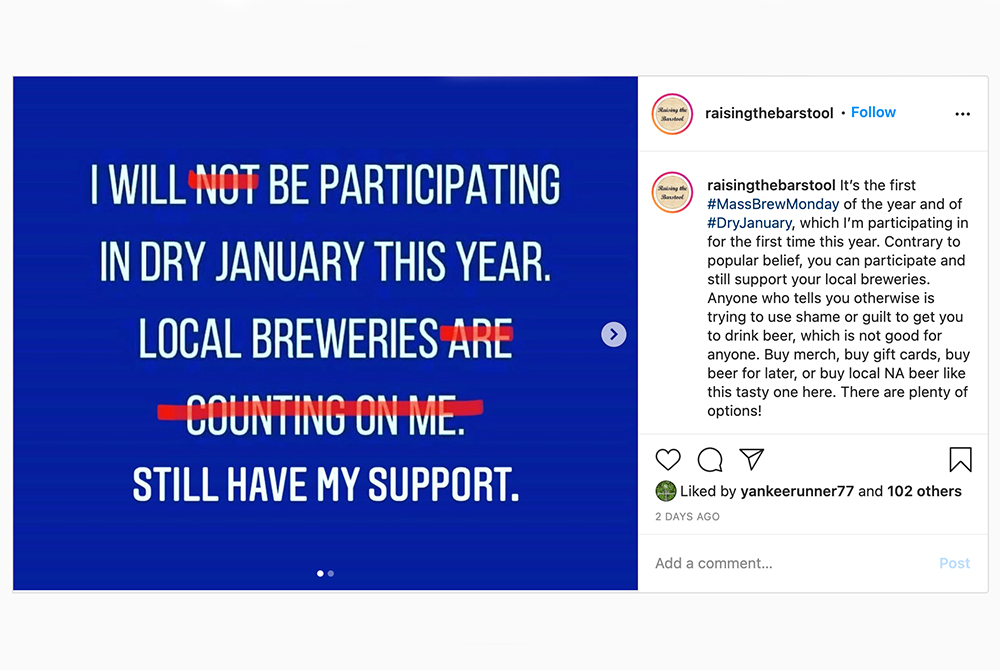
Instagram user @raisingthebarstool shares their thoughts on Dry January
Photo courtesy of @raisingthebarstool
“When you’re a supporter of your local spots, it feels a bit like letting them down to some degree,” Smith notes. “In years past, I’ve not thought too much about it as I’m only one consumer and can only have so much financial impact. But, I also realize that collectively, as more people participate, that decrease in sales can be profound.”
Baker echoes these points, “In the beer industry, January has always been the month we dread the most. Breweries make less money, move less beer, and beer servers tips are greatly reduced. And as Dry January has gained traction over the years, it has been even more noticeable.”
But, as many have pointed out, there’s more than one way to support your favorite local brewery or winery. Gift cards and merchandise are a great way to spend money now and maybe even be able to reap the rewards in the future. Plus, plenty of these bottleshops, bars, and producers have non-alcoholic offerings. So, if the temptation isn’t overwhelming, picking up a non-alcoholic beer or CBD seltzer is a perfectly reasonable alternative.
The Bottom Line
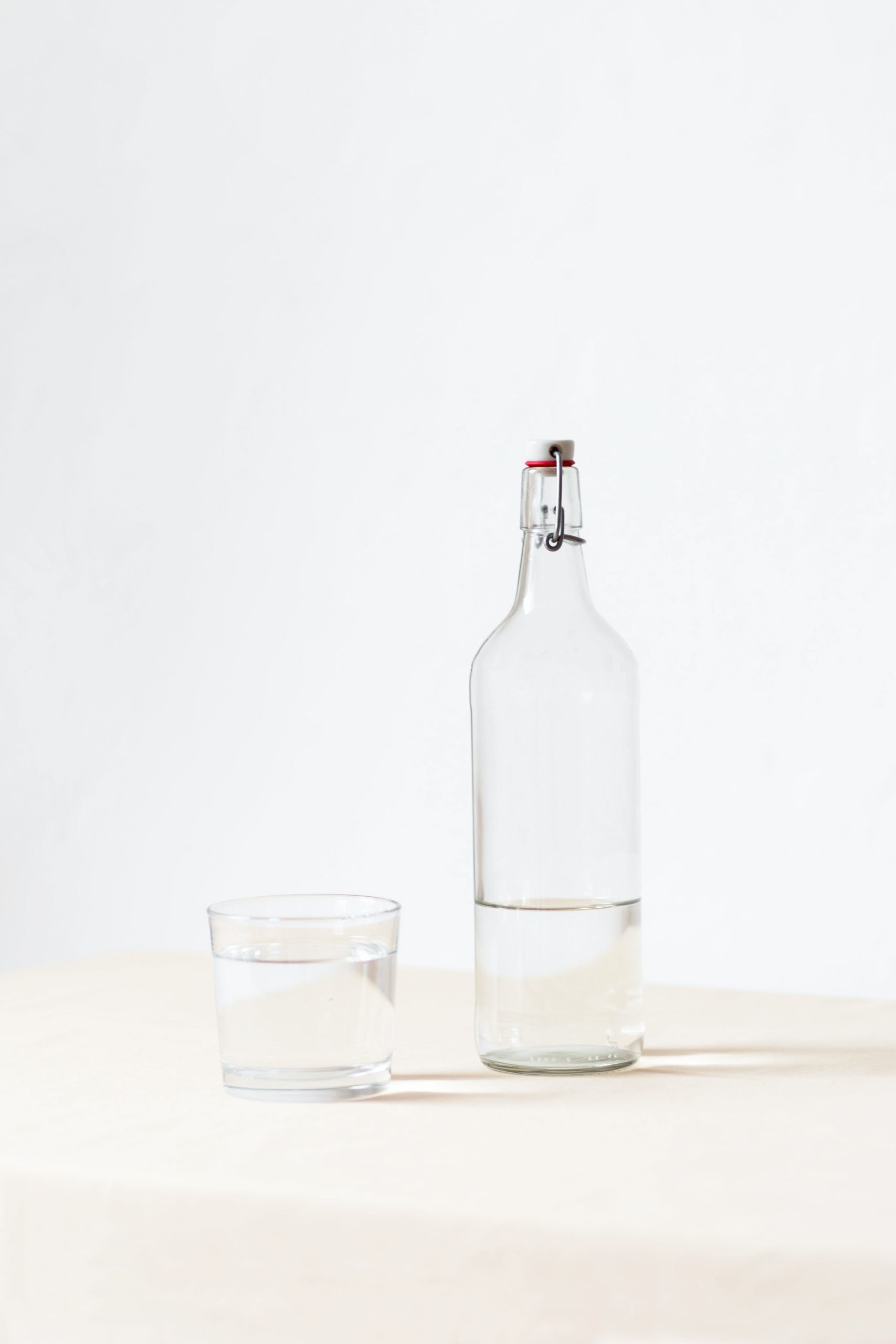
Ultimately, you should be the final judge of whether or not you participate in Dry January. And, like most decisions, some careful consideration should go into it. Maybe plan ahead to purchase a few gift cards that you can cash in after the month. Or connect with a friend who is also participating for shared motivation. Find a beer or wine alternative like kombucha or sparkling water that you can use to stock your fridge.
Alternatively, Baker has participated in Dry January though she notes that her adherence isn’t necessarily strict. “I have participated in years past, but having a beer Instagram account has been what has prevented me from entirely abstaining,” Baker says. “This year won’t be any different, however exactly a year ago I tried Vegan January, and am still enjoying that! I do eat some fish from time to time, but I have learned so much about food from that decision.”
Even if you don’t fully participate in a month of sobriety, a limited version of Dry January could be a good opportunity to take stock of your consumption. Track your spending habits, how much you’re consuming, and where you make your purchases. Maybe shift from the chain retail store to a local shop or producer. Experiment beyond the beer you normally consume and find other craft producers in your area.
Or, as Cory Smith shares, maybe test out another food-based challenge. “Typically, I’ve done both dry and vegan simultaneously in January,” Smith says. “Both, again, just for discipline. I’m predominantly vegetarian (though I do make room for cheating) to begin with, so vegan is just a slight step further… it opens me up to new recipes and food items I might otherwise miss.”
So even if you aren’t fully embracing the month of alcohol abstinence, Dry January can be productive. As Kristine Baker explains, “I love the concept of Dry January as a way to fine-tune my diet and exercise routine, and get my alcohol consumption at a reasonable level.”
Liked this article? Sign up for our newsletter to get the best craft beer writing on the web delivered straight to your inbox.

